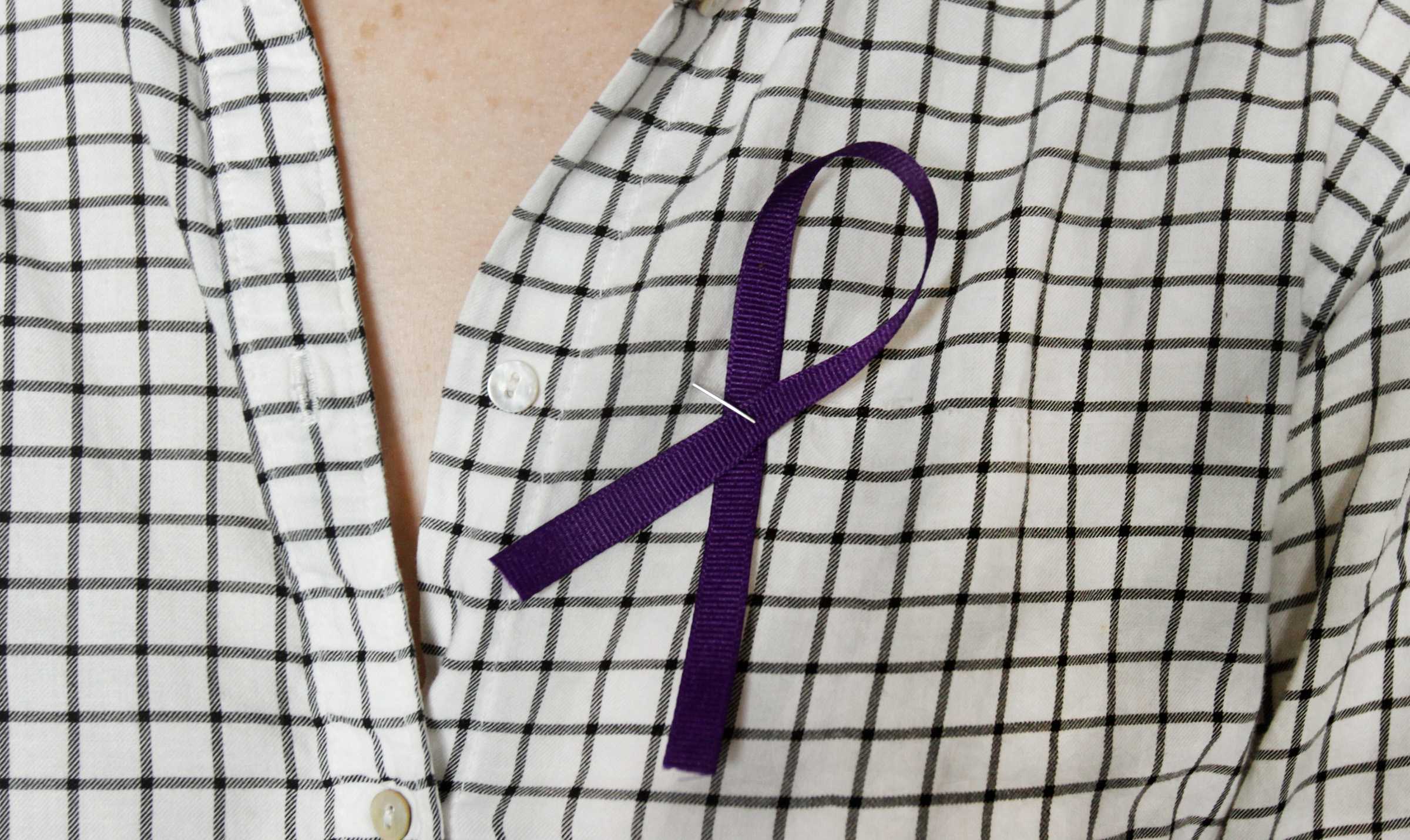October is Domestic Violence Awareness Month. Though many may feel helpless in the fight against domestic violence, there are things you can do to spread awareness and help victims in Bowling Green.
On Oct. 9, WKU held a kickoff event for students to learn about abusive relationships and healthy relationships. After the kickoff, President Caboni and Kentucky Attorney General Andy Beshear proclaimed October as Domestic Violence Awareness Month at WKU.
THE ISSUE
Domestic violence occurs all over the world. According to the National Domestic Violence Hotline, most victims are women between the ages of 18 and 34, which includes college-age women.
Almost 20 people are physically abused by an intimate partner per minute in the U.S., according to the National Council Against Domestic Violence. That adds up to about 10 million people each year.
According to the National Domestic Violence Hotline, 52 percent of college women know a friend who has experienced abusive dating behaviors. Further, 57 percent of college students who said they experienced dating abuse said it occurred in college, and 58 percent of college students said they don’t know what to do to help victims. The point is this is an issue that may affect you during your time at WKU — if it hasn’t already.
SIGNS OF ABUSE
Domestic violence can leave victims with lasting mental, physical, sexual and reproductive health issues, and they often need treatment.
Concerned about a friend or yourself but unsure if the behavior qualifies as violence and abuse? Here are some signs of domestic violence and abuse, according to the National Coalition Against Domestic Violence:
- Telling the victim he or she can’t do anything right
- Jealousy when the victim spends time away or with family and friends
- Keeping or discouraging the victim from seeing loved ones
- Putting the victim down with insults
- Stalking or excessive monitoring of the victim
- Controlling how the victim dresses
- Threatening to kill the victim’s loved ones or pets
- Intimidating the victim with weapons
- Physical injuries, including scars, burns and bruises
- Pressuring the victim to have sex when he or she does not want to
- Pressuring or forcing the use of drugs or alcohol
If you suspect you or someone you know may be in an abusive relationship, you can contact the hotline for help.
WHAT YOU CAN DO
Several organizations in Bowling Green strive to help victims of domestic violence seek safety and recovery, and there are many volunteer opportunities.
Hope Harbor is a sexual trauma recovery center. It offers Hope Harvest, a therapeutic garden for clients and volunteers for self-care and counseling sessions. It also provides victims of sexual abuse and assault with counseling and other services. To learn more, visit Hope Harbor’s website or Facebook page.
Barren River Area Safe Space (BRASS) is a regional 26-bed shelter and program for victims of domestic violence. It offers crisis intervention, 24-hour crisis lines, counseling, advocacy, housing, educational services and other services. Visit BRASS’s website or Facebook page to learn more and about how to volunteer.
The purple ribbon represents Domestic Violence Awareness Month, so you can also wear a purple ribbon or purple clothes to spread awareness and show solidarity.
EVENTS
- Oct. 13 – The FFOYA House, in collaboration with BRASS and Hope Harbor, will display the artwork of victims of domestic violence. They will display the artwork again in April 2018 for sexual assault prevention month.
- Oct. 16 – One Love Event at 6:30 p.m. in Downing Student Union, Room 2035
- Oct. 24 – Candlelight vigil for victims of domestic violence at 5:30 p.m. at First Christian Church, 1106 State St.
- Oct. 25 – One Love Workshop at WKU Glasgow, Room 131 at 6 p.m.


